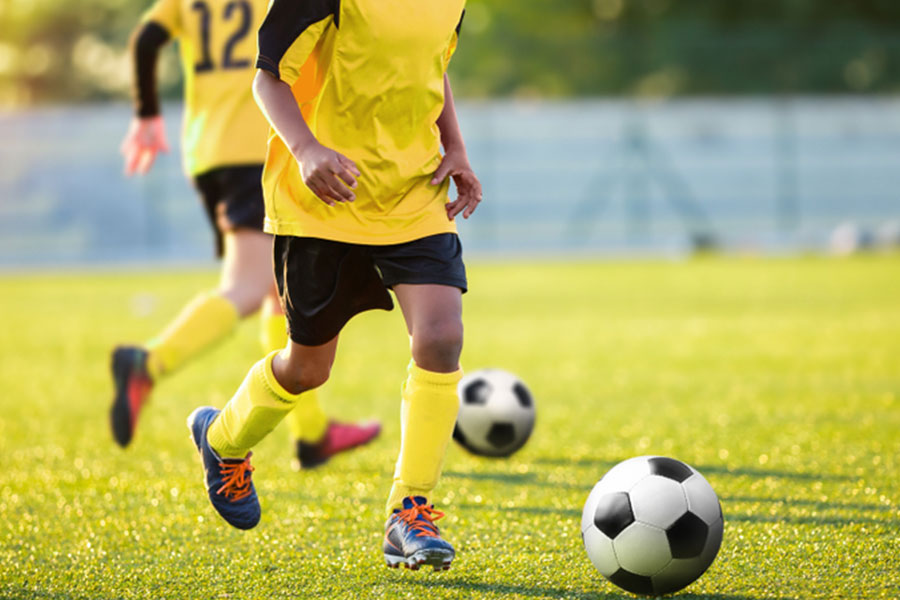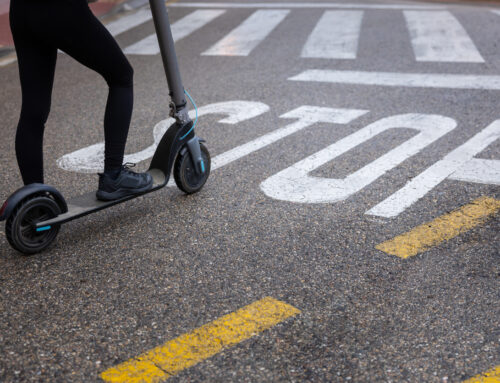How Does Alcohol Affect Athletic Performance?

Johnny Manziel was one of the biggest stars in college and professional football after winning the Heisman trophy and becoming a first-round draft pick. He earned the nickname “Johnny Football.” Fame, fortune, and football — he had it all, and maybe it was too much. Manziel admits to drinking too much and entered rehab. In 2018, he told ABC News that he no longer drinks after realizing he was self-medicating with alcohol. Now, he works hard to stay sober and serve as an example for young athletes. So, if you’re asking, “How does alcohol affect athletic performance?” the answer is that it can hurt your body and brain, sink your grades, and damage a career.
How does alcohol affect athletic performance in middle school, high school, and college students?
First, for any athlete, especially young athletes, alcohol isn’t performance-enhancing, meaning it doesn’t improve athletic abilities. Stanford University said alcohol slows the body down and can affect balance, fine motor skills, and information processing. Researchers also report recovery can be hindered because alcohol affects the immune system and healing process, and drinking at least once a week gives an athlete an elevated risk of injury.
There are also academic consequences of alcohol. Middle and high school students are also likely to have a harder time in school if they consume alcohol. Guys may have slightly lower GPAs, and gals might have more social trouble. The effects of alcohol on athletes are more than sports performance or social issues. The brain isn’t fully developed until later in life, and drinking alcohol under 21 can affect the brain.
Different sports have different rates of alcohol and drug abuse.
Studies have shown that people who participate in sports drink alcohol at higher levels than people who don’t play sports. Interestingly, substance abuse varied across sports. In one study, researchers found when it comes to college athletes, male hockey and female soccer athletes were most likely to report substance use, while male basketball and cross-country/track athletes were less likely to abuse substances. Yet another study found college swimming and diving athletes have the highest reported rate of alcohol consumption.
What are the consequences of underage drinking for athletes?
There are consequences of underage drinking, no matter if someone is an athlete or not. The biggest concern for young athletes may be how alcohol affects athletic performance. Plus, there are academic consequences and legal consequences for underage drinking. According to research conducted by the Children’s Hospital of Philadelphia, about 5% of high school drivers have driven after drinking, and 17% rode with someone who was driving after drinking. This is a big safety concern and can result in criminal charges such as DUIs, DWIs, and Minors in Possession. Athletes caught with alcohol could face suspension, removal from a team, loss of scholarships, or even expulsion. A coach may even punish the entire team with rigorous workouts for one player’s bad behavior.
How can parents and coaches encourage young athletes not to drink?
As we say, talk early, talk often, and talk with your kids — not at them. The earlier the conversations around drinking underage happen, the more both you and your child will feel comfortable talking about it. For coaches, you have a unique relationship with young adults. You’re a friend, a mentor, a person providing guidance, and a person that students tend to look up to and respect. You’re in a great position to be a role model. You’re in the position to shape muscles and the mind.
A study found that coaches have a profound impact on their athletes by using these three alcohol awareness strategies:
- Concerned Communication: providing education about the effects alcohol has on athletes and sharing personal experiences with alcohol.
- Conditional Leniency: having an alcohol policy with consequences works, but every athlete and student is different. Different approaches may work better for different teams.
- Enforcement: having and keeping an alcohol and drug policy with actual consequences for athletes.
Show you genuinely care about your student-athletes and their well-being. Relay the honest facts when they have questions about how alcohol affects athletic performance, speak on their level without judgment, and Take the Pledge to start the conversation early about underage drinking.



